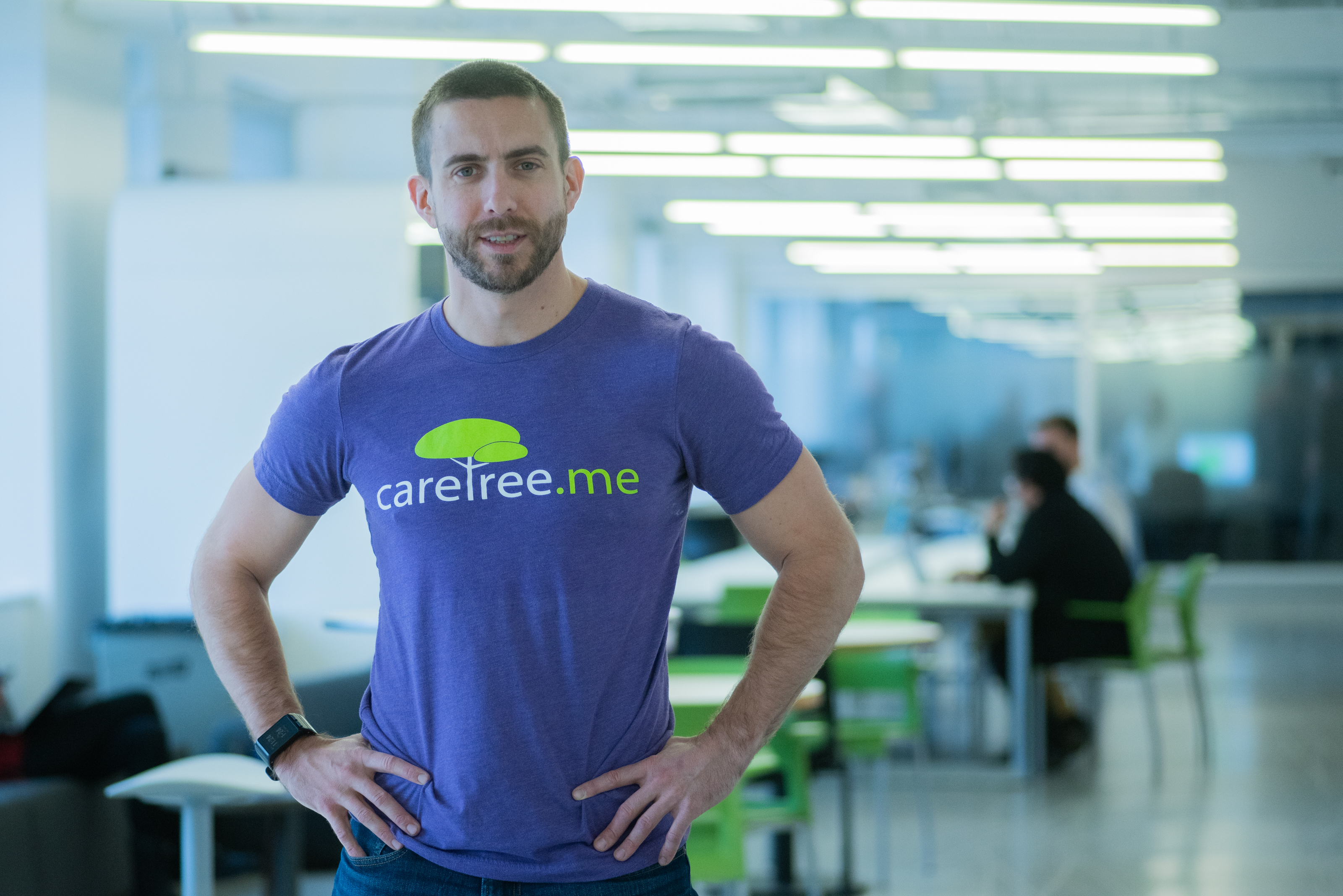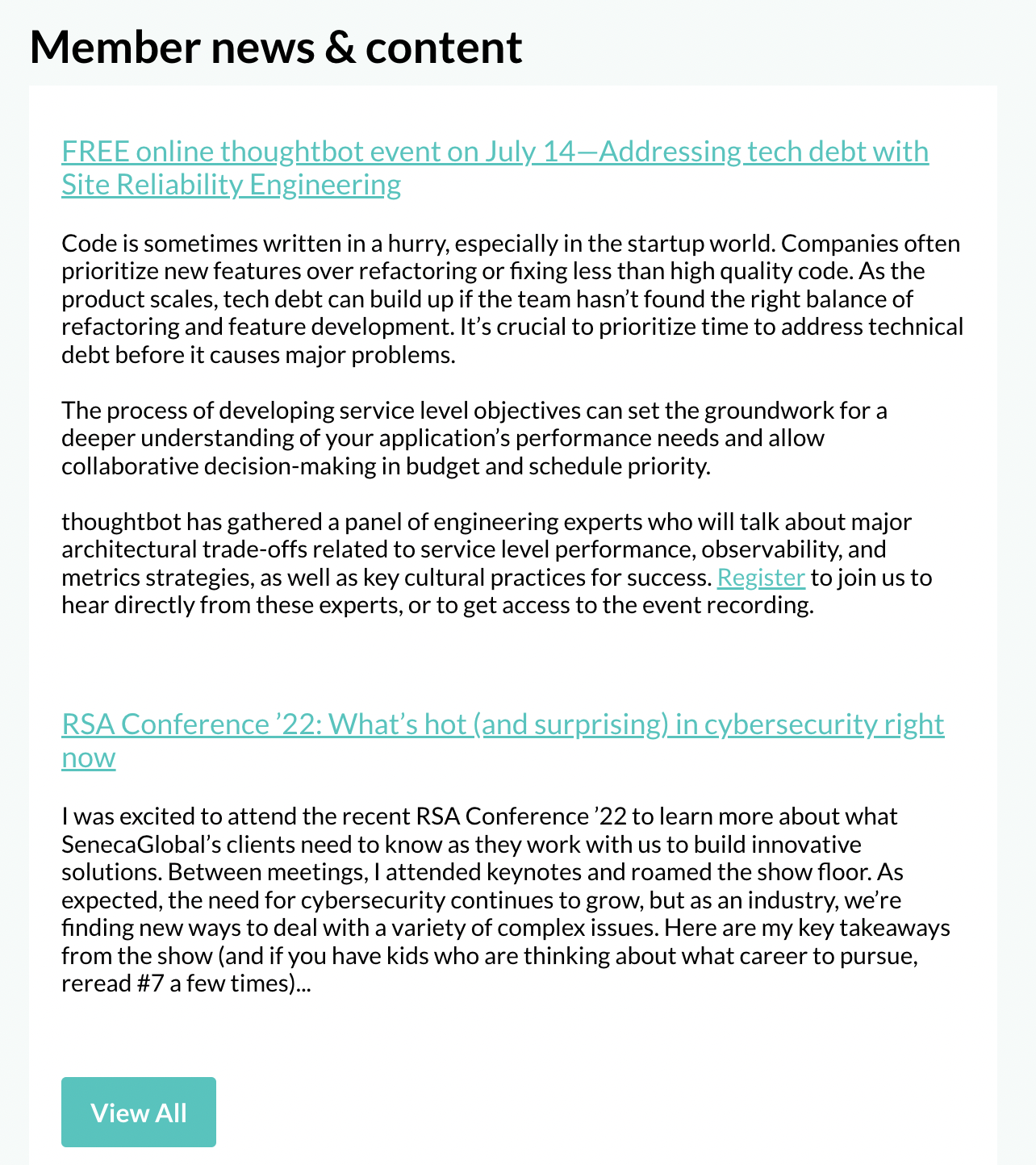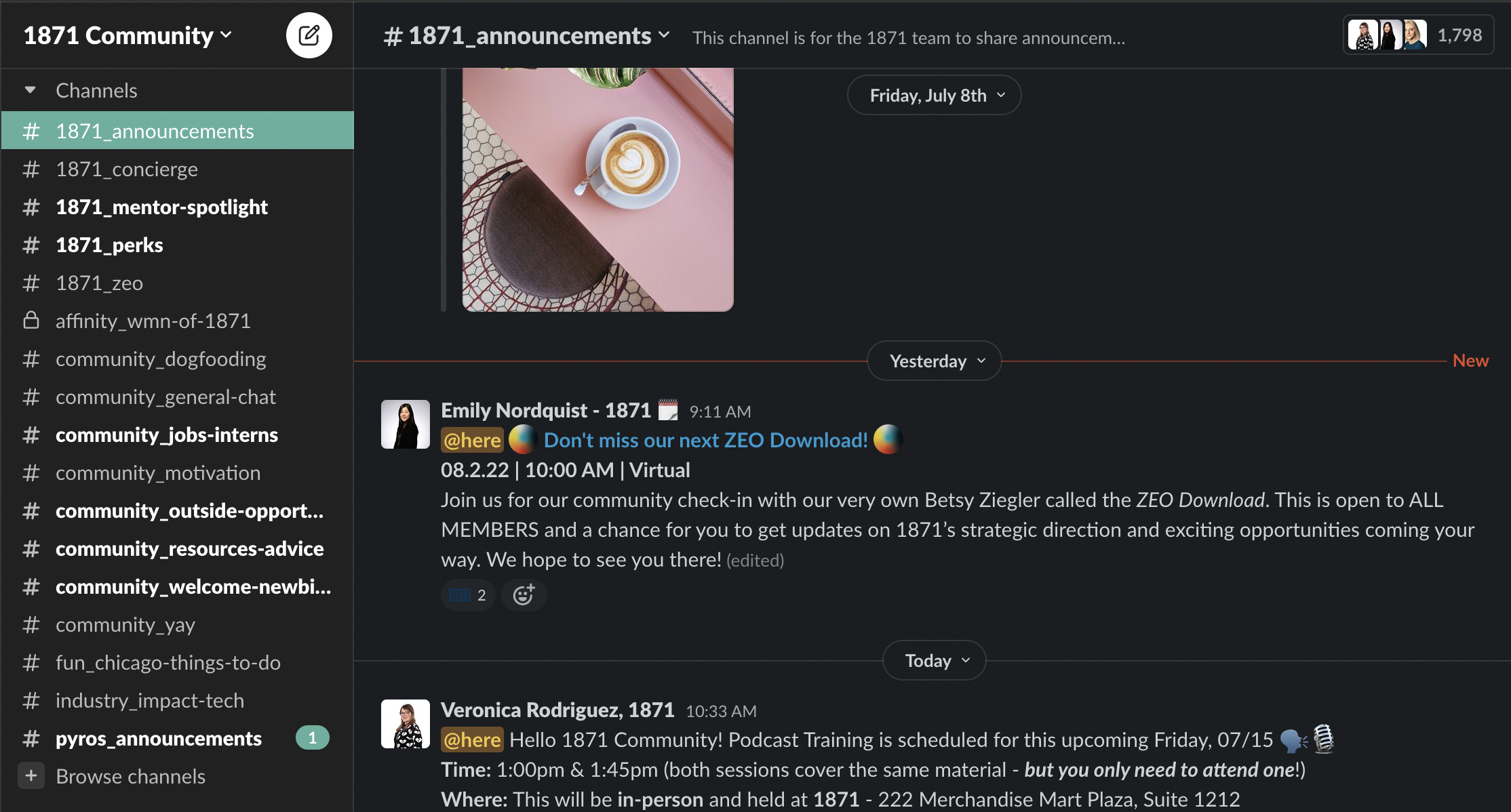Most families don’t see themselves as caregivers. They’re just a son or daughter doing their duty as a child or grandchild. The caregiving journey is often just as life-changing as having a new baby, but they don’t get 9 months to prepare. It happens in an instant: with a fall, a hospitalization, or a new diagnosis. This leaves families scrambling and stressed, often for years. Fortunately, Carl Hirschman, Founder and CEO of CareTree, a caregiving software, is bringing peace of mind to families and the caregiving industry into the 21st century.

In 2011, Carl Hirschman was operating in the senior care tech space and it wasn’t unusual for Hirschman to receive inquiries for advice, but it was unusual that one of these inquiries was coming from someone very close to him — his mother. As the eldest daughter in her family, Hirschman’s mother was managing the care for his grandparents and several family friends. It wasn’t an easy task.
“My mom was coordinating care for our family and her friends while working full-time. That meant that she had to consistently coordinate care, speak with caregivers, and provide and respond to messages. That’s all on top of her normal workload.”
Though it may seem like an isolated incident, Hirschman’s mother went through an experience that’s more common than most might think.
“I found that a third of U.S. households are in a similar situation to my family and my mom. A lot of the issues in the caregiving industry result from the fact that they’re still using old-fashioned processes.”
At the time, Hirschman — who had already launched two companies — began to think of different ways to improve caregiving by merging his experience building businesses along with his background in the healthcare industry.
“I wanted to build something where caregivers and families could centralize information instead of lugging it around in binders. I was seeing a lot of cracks in the family and senior care space, and I realized that you could solve a lot of those problems with the right technology.”
That’s when Hirschman came up with the idea for CareTree, a central, coordinated platform to improve and optimize caregiver communication, collaboration, and coordination. With features like automatic notification, medication updates, digital records, and more, CareTree offers a full suite of resources to streamline the caregiving process. While the platform certainly provides better care for patients, Hirschman says that CareTree’s objectives is to provide one key benefit for its users.
“We’re here to provide peace of mind. We offer resources and best practices so that the people caring for their families and friends can be at ease knowing that that their loved ones are receiving the best possible care. One example is medications — they’re a major cause of hospitalizations. To address that, we focus on providing reminders for caregivers about the necessary medications and updates that both patients and doctors require.”
If it sounds like Hirschman has a great deal of experience working in the senior care space, it’s because he does — but maybe not in the way that you might think.
“CareTree is my third company. I started my first company right of college — it was a wireless ISP. I ended up selling the company in 2010 and after that, I started a similar company for seniors and that gave me a really good understanding for how an aging population and seniors were interfacing with technology. That really helped me build the foundation of CareTree.”
Though Hirschman had to leverage his years of experience to build CareTree, he’ll be the first person to tell you that strong businesses are not built alone.
“There’s been a few people that have been important to my success. Mark Horita is an example. When I first moved to Chicago, he was a maven and took me under his wing to teach me about private equity and introduce me to a number of critical business connections. Dr. Kate Wolin is another example. Having a strong relationship with another entrepreneur day in and day out who can both relate to what you’re going through and isn’t an employee of your company is very important.”
And through the years of building businesses and mentorship, Hirschman has learned a number of key lessons. The most important one? You are what your customers are paying you to be.
“Most of us are not Steve Jobs — we don’t have hundreds of millions of dollars to build out a vision where the customer and business model will follow. If you’re in the startup environment, then the actual business that you’re in might be different from what your vision might have been. That’s because your actual business is the service that your customers are actually willing to pay you for today, not necessarily the cutting-edge vision that you want them to buy and you have to remember that.”
1871 provides work space, education, resources, and curated connections to help Chicago’s entrepreneurs build and scale their business.
{{cta(‘9d244de6-2d3b-4fce-8d12-d3097e9d9dd3’)}}
Join as an 1871 Early Stage Member.
Attend info sessionSubscribe to our ICYMI newsletter.
Share this post:


